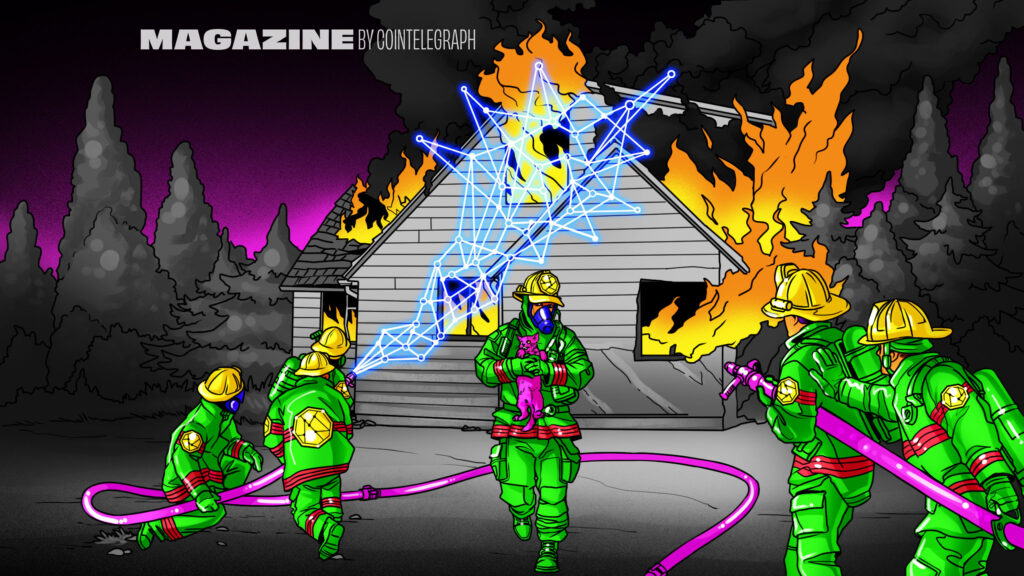It seems that every time one turns on the TV, something, somewhere, is going catastrophically wrong. Whether it be Hurricane Ian tearing through Cuba and Florida, war raging in Eastern Europe, or floods devastating Pakistan, there has been no shortage of crises in 2022 — both natural and human-caused.
And as the climate continues to warm, extreme weather events and other natural disasters are only expected to occur more frequently, which may also potentially lead to greater overall regional and global instability. In response, some groups working to build decentralized community resilience are now turning to blockchain and Web3 tools to help strengthen their initiatives.
The United States experienced one of its worst natural disasters in modern history when the Category 5 Hurricane Katrina slammed into the New Orleans area on Aug. 29, 2005. The morning prior, the National Weather Service had issued an ominous warning to the residents of the city and the surrounding area:
“MOST OF THE AREA WILL BE UNINHABITABLE FOR WEEKS…PERHAPS LONGER. […] POWER OUTAGES WILL LAST FOR WEEKS…AS MOST POWER POLES WILL BE DOWN AND TRANSFORMERS DESTROYED. WATER SHORTAGES WILL MAKE HUMAN SUFFERING INCREDIBLE BY MODERN STANDARDS.
Unfortunately, the bulletin proved to be accurate. Thousands of people lost their lives, and millions were left homeless after the city’s outdated, flawed levee system was overwhelmed by flood waters.
The government’s response to the disaster, particularly that of the Federal Emergency Management Agency, was one of utter dysfunction. Affected residents were left with little to no assistance from government authorities, instead banding together as communities and decentralized networks to support one another. The crisis served as a wake-up call for many that the government and its centralized institutions won’t always be there to save them in a catastrophe.
Three and a half years later, Satoshi Nakamoto mined the genesis block of the Bitcoin blockchain — born out of another major emergency, the global financial crisis, which devastated economies worldwide in 2008. Like Hurricane Katrina, it opened the eyes of a generation to the reality that established systems propped up by politicians and government officials are actually rather fragile. Given that governments may fail to protect their citizens, it is often up to communities to build alternative support structures.
Read also
Click Here to Read the Full Original Article at Cointelegraph.com News…
























